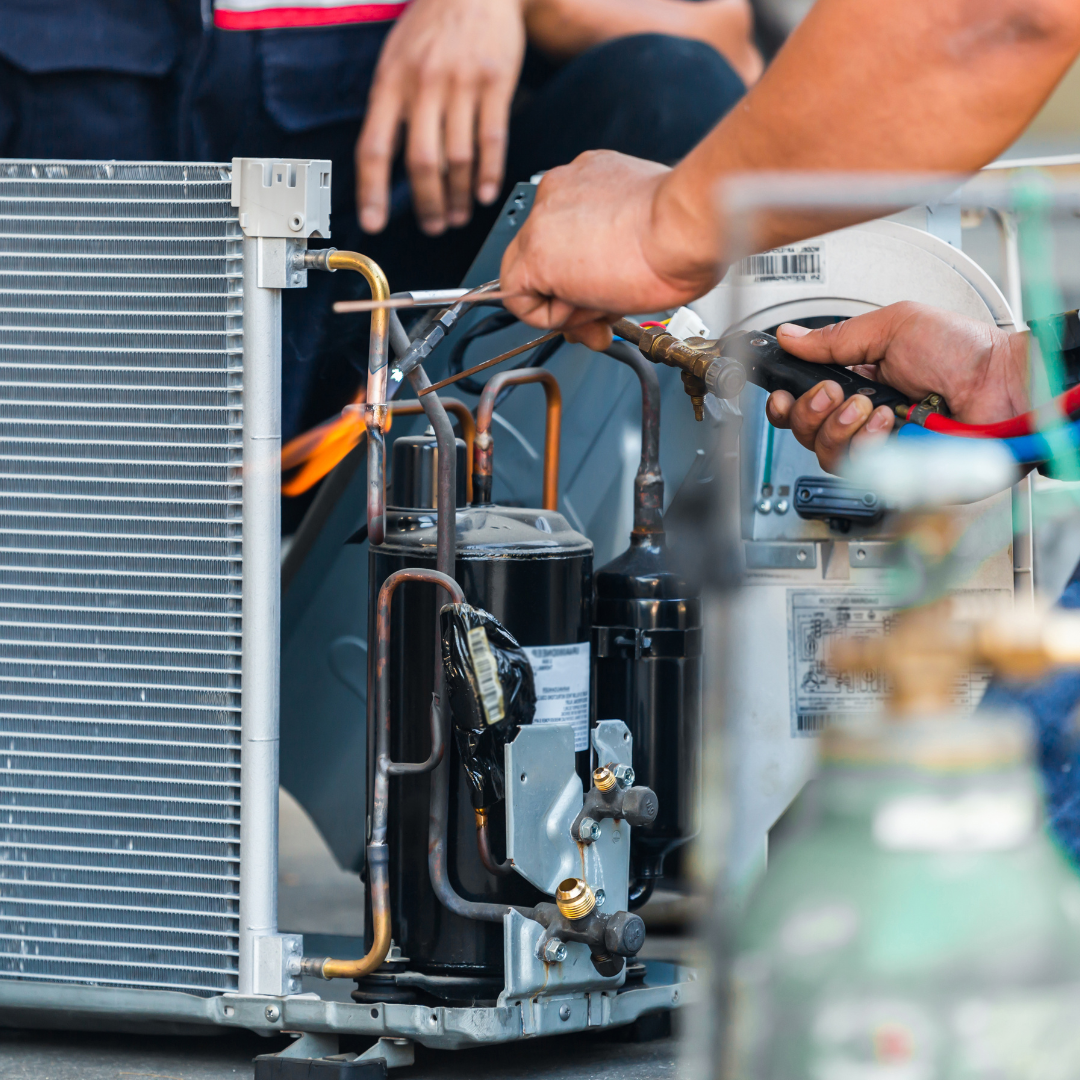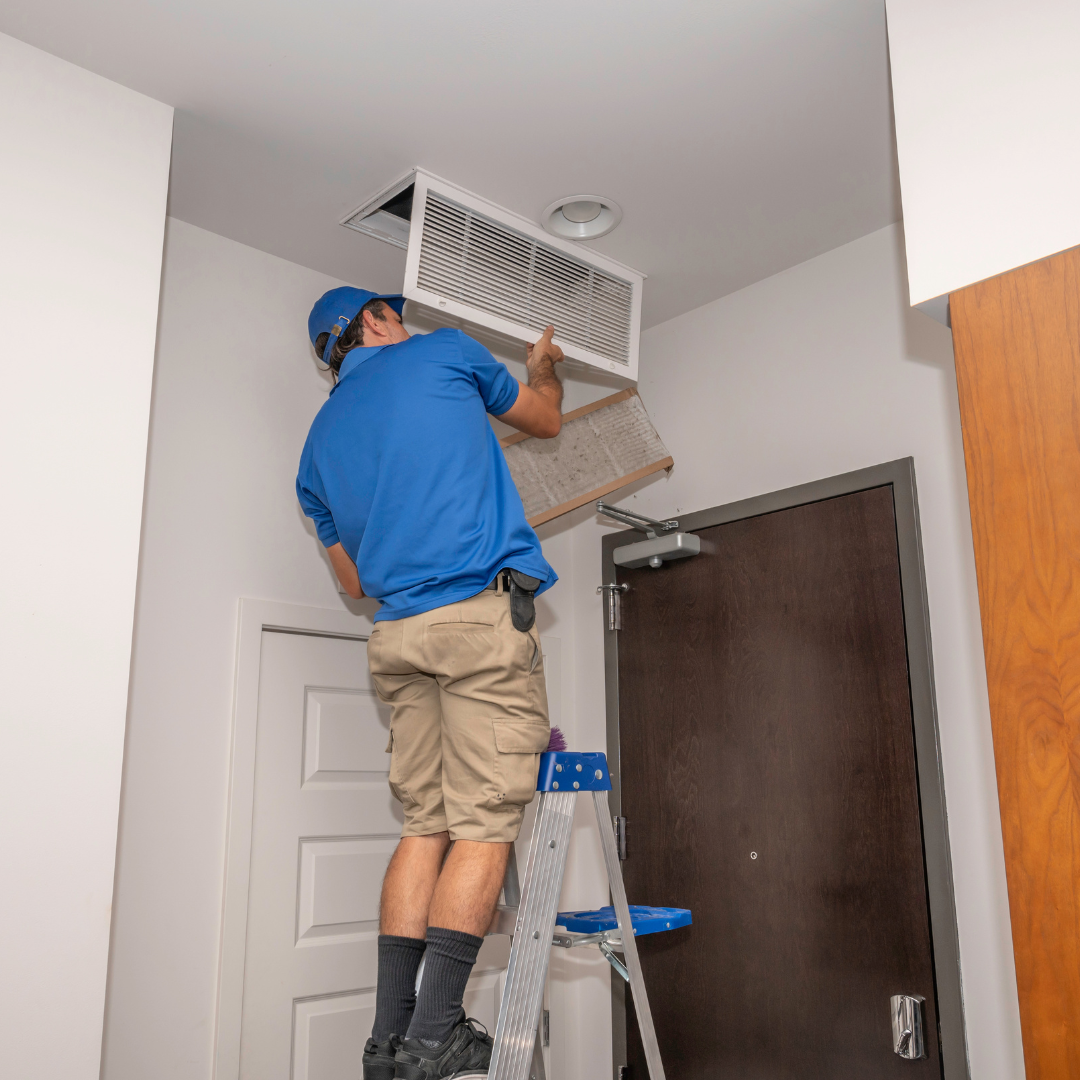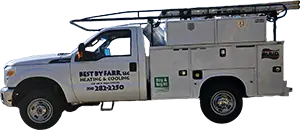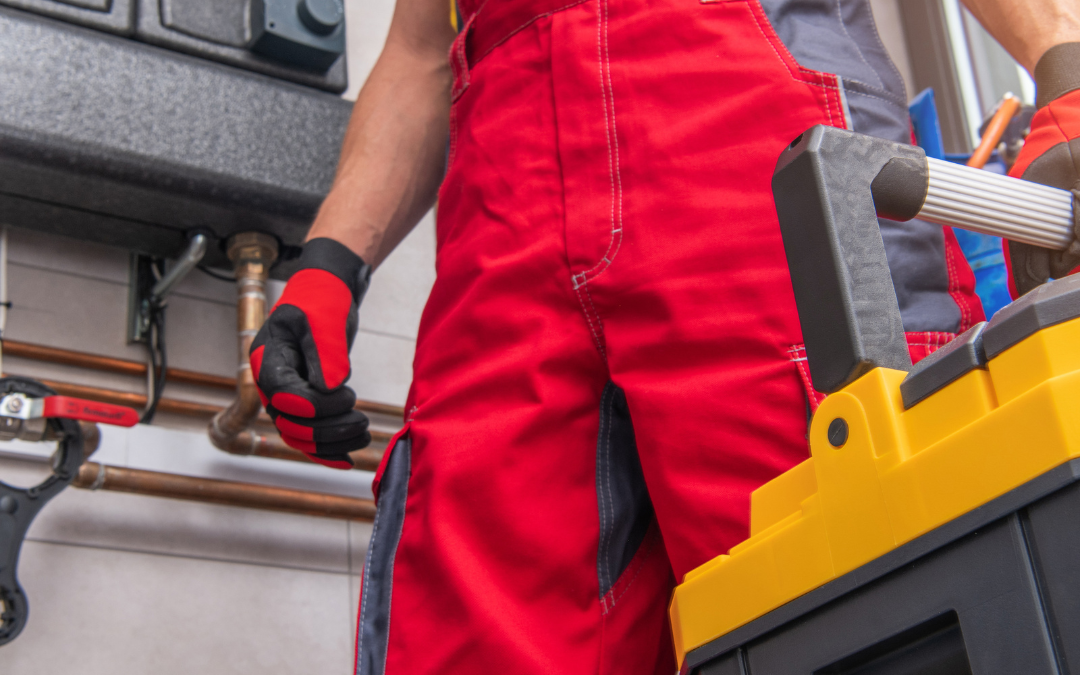In the realm of home maintenance, few systems are as crucial yet often overlooked as the HVAC (Heating, Ventilation, and Air Conditioning) system. While it quietly operates in the background, regulating indoor comfort year-round, it’s easy to forget about until something goes awry. However, waiting for a breakdown to address HVAC issues can result in costly emergency repairs and discomfort during extreme weather conditions. That’s where routine HVAC maintenance steps in as the unsung hero of home care.
In this blog post, we delve into the importance of regular HVAC maintenance and why it’s a wise investment for homeowners. From preventing unexpected breakdowns to improving energy efficiency and prolonging the lifespan of your system, the benefits of proactive maintenance are manifold. By understanding the value of this preventive measure, you can ensure your HVAC system operates smoothly, saving you both money and stress in the long run. Let’s explore how prioritizing routine maintenance can transform your home comfort experience.

Your HVAC (Heating, Ventilation, and Air Conditioning) system is an essential component of your home, providing comfort and climate control throughout the year. However, like any mechanical system, it requires regular maintenance to ensure optimal performance and longevity. In this article, we’ll explore how routine maintenance can significantly extend the lifespan of your HVAC system, saving you money and hassle in the long run.
Understanding the Lifespan of HVAC Systems
To appreciate the importance of maintenance, it’s essential to understand the typical lifespan of HVAC equipment. On average, a well-maintained HVAC system can last anywhere from 15 to 20 years. However, without proper care and attention, this lifespan can be significantly shortened, leading to premature failure and costly replacements.
Preventing Wear and Tear
One of the primary reasons HVAC systems fail prematurely is due to wear and tear on critical components. Regular maintenance helps identify and address minor issues before they escalate into major problems. Tasks such as cleaning or replacing air filters, lubricating moving parts, and inspecting electrical connections can prevent excessive strain on the system, thus reducing wear and tear over time.
Optimizing Performance
Over time, HVAC systems can become less efficient due to factors such as dirt buildup, refrigerant leaks, or faulty components. Routine maintenance ensures that your system operates at peak efficiency, delivering consistent comfort while minimizing energy consumption. By cleaning coils, adjusting refrigerant levels, and calibrating controls, technicians can optimize the performance of your HVAC system, prolonging its lifespan in the process.
Preserving Indoor Air Quality
Another critical aspect of HVAC maintenance is preserving indoor air quality. Dust, debris, and pollutants can accumulate within the system, leading to poor air circulation and potential health hazards. Regular cleaning and servicing of HVAC components, including ductwork, vents, and evaporator coils, help maintain clean and healthy indoor air, reducing the risk of respiratory issues and allergies for you and your family.
Addressing Minor Issues Before They Escalate
One of the key benefits of routine maintenance is the early detection and resolution of minor issues. A small refrigerant leak, for example, may go unnoticed until it causes significant damage to the compressor or other components. By scheduling regular inspections and tune-ups, HVAC technicians can identify and address these issues promptly, preventing them fro
How Routine HVAC Maintenance Protects Your Family from Potential Hazards
When it comes to keeping your home safe and comfortable, routine HVAC maintenance might not be the first thing that comes to mind. However, neglecting your heating, ventilation, and air conditioning (HVAC) system can pose serious risks to your family’s safety. From gas leaks to electrical hazards, the consequences of ignoring routine maintenance can be severe. In this article, we’ll explore how regular HVAC maintenance plays a crucial role in protecting your family from potential hazards.

- Identifying Gas Leaks: One of the most significant dangers associated with HVAC systems is the risk of gas leaks. Furnaces and boilers, particularly those powered by natural gas, can develop leaks over time. These leaks not only pose a serious fire hazard but also release carbon monoxide (CO), a colorless and odorless gas that can be deadly if inhaled in high concentrations. During routine maintenance inspections, HVAC technicians check for leaks in the gas lines, ensuring that your system operates safely and efficiently.
- Preventing Carbon Monoxide Poisoning: Carbon monoxide poisoning is a silent killer that claims hundreds of lives each year. Faulty HVAC systems are a common source of carbon monoxide leaks, especially if they’re not properly maintained. During routine maintenance visits, technicians inspect heat exchangers, flue pipes, and other components to ensure they’re functioning correctly and not emitting dangerous levels of CO. Additionally, they may recommend installing carbon monoxide detectors in your home for added safety.
- Avoiding Electrical Hazards: HVAC systems rely on electrical components to operate, which can pose a risk of electrical hazards if not properly maintained. Loose wiring, corroded connections, and faulty components can increase the risk of electrical fires or shocks. During routine maintenance, technicians inspect all electrical connections, tighten loose wires, and replace any damaged components to minimize the risk of electrical hazards.
- Preventing Fire Hazards: A poorly maintained HVAC system can become a fire hazard, especially if there’s a buildup of dust, debris, or flammable materials within the system. Clogged air filters, blocked vents, and dirty ductwork can restrict airflow and cause overheating, increasing the risk of a fire. Routine maintenance includes cleaning and inspecting all components of the HVAC system to remove any potential fire hazards and ensure proper airflow.
- Ensuring Proper Ventilation: Proper ventilation is essential for maintaining good indoor air quality and preventing the buildup of harmful pollutants, allergens, and mold. A neglected HVAC system may struggle to ventilate your home effectively, leading to indoor air quality issues and potential health problems for your family. During routine maintenance, technicians check ventilation systems, clean ductwork, and replace air filters to ensure optimal airflow and ventilation throughout your home.
Conclusion
At Best By Farr LLC, we firmly believe in the invaluable significance of routine HVAC maintenance to mitigate the risk of emergency repairs. Our dedication to ensuring the optimal performance of heating, ventilation, and air conditioning systems underscores our commitment to the comfort and satisfaction of our valued clientele in Cottonwood, Arizona, and beyond. By prioritizing proactive maintenance measures, we not only enhance system longevity but also alleviate the inconvenience and financial burden associated with unexpected breakdowns. With our expertise and personalized service, we empower our customers to enjoy uninterrupted comfort while safeguarding their investments in HVAC systems. Contact us at (928) 282-2250 to experience the peace of mind that comes with our comprehensive maintenance solutions.


